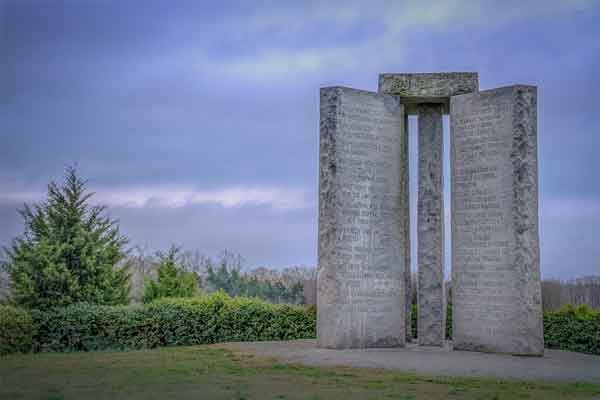Read the PDF version Newsletter archive Newsletter 77 Table of Contents
Code of conduct
Conclusions of the EASA's code of conduct webinar

The first members’ webinar took was dedicated to the results of the code of conduct working group set up in 2018 following Stockholm Members’ Forum to elaborate the principles of a code of conduct that will deal with abuses of power, lack of accountability, sexual harassment in European anthropology (prompted at the time but the “HAU affair”). It was convened by David Mills, EASA’s Treasurer, on behalf of the EASA Executive, with contributions from the members of the working group: Agathe Mora, Chandana Mathur, Cris Shore and Antonio Pusceddu, and it was attended by several dozen of members.
The working group recommended to create within EASA a code of conduct (or ombudsperson) committee that offers a place where members could look for guidance, be a repository of information about how such codes function and could be used in concrete case studies. Such a committee would neither be a moral or Truth and Reconciliation committee, nor a simple forum for discussion. The committee could co-author publications that describe, contextualise, make sense of the situation, enable local voices and alternative perspectives to be heard, i.e. provide an ethnography of the case of professional breach. It would be a bottom up ethnographic approach rather than a top down application of ethical frames. In addition, a searchable repository on EASA website would allow members to learn from past experiences thus ethnographically described. Another repository of anonymous testimonies of members could complete it.
The working group’s recommendation was warmly welcomed by the members attending, although some debate followed concerning the name such a committee should have and the limits of its authority. Several members supported the need for a repository with rich arguments. The members of the working group received warm thanks from the members for all their work and efforts during the past two years.






